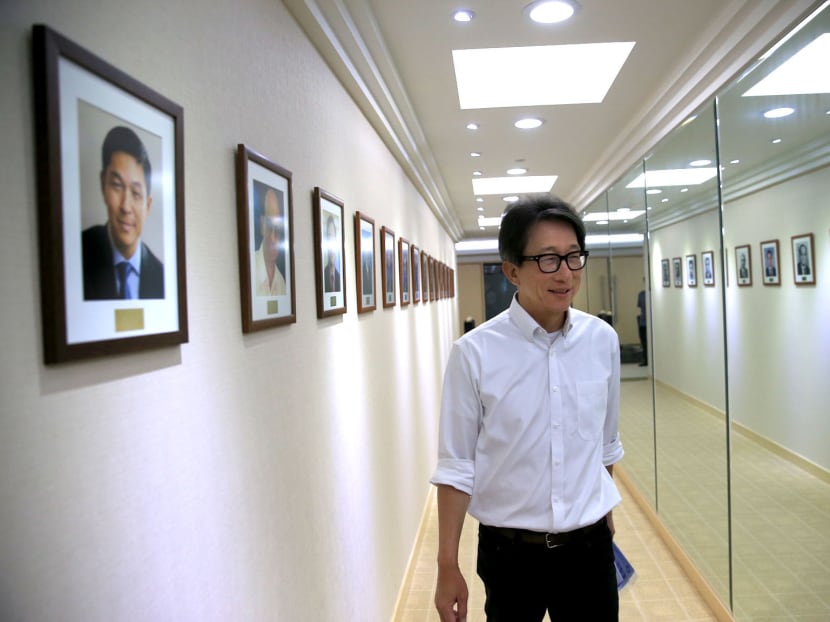Economic transition ‘critical for future-ready Singapore’
SINGAPORE — After 50 years of independence, the journey ahead for Singapore looks set to grow harder, making the economic transition that the Republic has undertaken critical for survival, said Manpower Minister Lim Swee Say today (Aug 4).
SINGAPORE — After 50 years of independence, the journey ahead for Singapore looks set to grow harder, making the economic transition that the Republic has undertaken critical for survival, said Manpower Minister Lim Swee Say today (Aug 4).
As an economy with a “small and limited” domestic market, Singapore will be hit harder than other nations while the global economy grows more volatile and uncertain, Mr Lim reiterated. “We will have to compete more and more with countries and cities that are bigger, stronger and hungrier than us for good investments and good jobs,” he said.
Staying ahead of the curve and being future-ready is a must and the local economy needs to be more manpower-lean, with a stronger Singaporean core and better-quality foreign manpower, said Mr Lim, who was speaking at his first National Day Observance Ceremony as Manpower Minister. The ceremony, organised by the Ministry of Manpower, was held at the Lifelong Learning Institute in Paya Lebar.
Since taking the manpower portfolio three months ago, Mr Lim, who helmed the National Trades Union Congress as labour chief for about eight years, has championed building a strong Singaporean core.
Among the new initiatives rolled out is a two-year pilot that offers wage subsidies for employers of older Singaporean professionals, managers and executives. He has also tweaked the requirements of the National Jobs Bank — by asking companies to publish the salary range of job vacancies posted online or risk having their subsequent applications for employment passes rejected.
Today, Mr Lim called on partners at the national and sectoral levels to work in tandem and ensure that Singapore tripartism remains the nation’s biggest asset.
“As we gear up for the future, our responsibility as tripartite partners is a heavy one: To create enough jobs for our people to stay away from the pain of unemployment, to equip our people with enough skills to remain employable and to create jobs and careers with good enough quality for our people to upgrade and advance,” he said.
He acknowledged that Singapore was better off than most other countries, and can be proud of its employment situation, which is among the “least imperfect” in the world.
First, he said, Singapore has one of the highest employment rates in the world at 79.9 per cent, second to Japan. Second, the Republic’s unemployment rate is one of the lowest around, having fallen from 10 per cent in the 1960s to 2 per cent now. And also notable is the fact that Singapore has a stellar record in industrial peace, instead of engaging in actions such as strikes.
But he sounded a note of caution: “The more we have today, the more we stand to lose tomorrow if we are not good enough and fast enough.”







